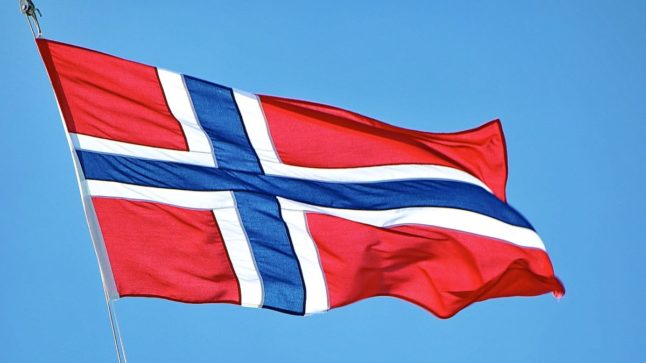Lifetime enrollment in the Norwegian National Insurance Scheme, the ability to live in Norway for as long as you wish and returning to Norway after a few years away without going through the immigration process are some of the many benefits of Norwegian citizenship.
Norwegian citizenship doesn’t come easy, though. In addition to waiting years to become eligible, you will have to pass language and citizenship tests, provide a criminal record certificate, verify your identity and meet the requirements for permanent residence if you don’t hold it already.
This is all before you pay 6,500 kroner to apply for Norwegian citizenship.
So, what are the reasons why the Norwegian Directorate of Immigration (UDI) turns down applications? There are a few reasons for this.
Providing the wrong details
This applies not just to your citizenship application but also to your entire stay. If you bend the rules when it comes to the residence requirements, you could find your citizenship application rejected.
Even if your application is successful, you will find your citizenship revoked later if the UDI finds out. The UDI will still revoke your citizenship, even if you are the one who decides to come clean to them.
Should the authorities have reason to believe that you have provided incorrect information on any residence or citizenship applications, they will typically invite you for an interview with the police or notify you of your revocation in advance.
READ MORE: How Norway can revoke residency and citizenship over wrong details
Not meeting all the requirements
This one might seem obvious, but it can happen relatively easily. One of the most common reasons for a foreign national having their citizenship rejected is not passing the citizenship or social studies test.
Both must also be passed in Norwegian. For the citizenship test, you must answer 24 out of 36 multiple-choice questions correctly.
The social studies test is taken by those who typically have been through the social studies course for immigrants.
Language-wise, you will generally have to have passed an oral test in Norwegian at a minimum of B1 level.
Another common pitfall is the criminal record certificate. Criminal record certificates are only valid for three months. The certification proves that you haven’t been convicted of any crimes and are not disqualified from applying for citizenship.
As the certificate can only be valid for three months, the UDI advises that you shouldn’t order the certificate until you have an appointment to hand in your documents to the police. This reduces the likelihood of the certificate expiring before your documents are handed in.
Failure to meet any of the citizenship requirements will result in your application being turned down. You must also hold a valid residence permit whilst applying for citizenship.
Criminal offences
Being convicted of a criminal offence that results in a fine or prison sentence will bar you from being eligible for citizenship for a set period of time.
The disqualification period can range from 2.5 years up to 39 years, depending on the severity of your punishment. You can see an overview of the disqualification rules on the UDI website.
Those who have received fixed penalty notices rather than criminal fines will not be disqualified. Those who have had charges or cases dropped are also not disqualified.
An example of a fixed penalty notice would be a fine for minor or moderate speeding.
A criminal fine is typically accompanied by the option of an alternative prison sentence if the penalty can’t be paid or if the recipient fails to pay.
Not meeting permanent residence requirements
To be eligible for citizenship, you also need to be eligible for permanent residence at the same time, which can make matters confusing.
For many, the easiest way around this is to just hold permanent residence as proof of eligibility while applying for citizenship.
The key thing to look out for when it comes to citizenship is the minimum income requirements for non-EEA permanent residence applicants.
One of the requirements for permanent residence applications for non-EEA nationals is that you will need to have fulfilled the income requirements for the previous 12 months and that you cannot have received financial assistance (økonmisk sosialhjelp) during the prior 12 months.



 Please whitelist us to continue reading.
Please whitelist us to continue reading.
Member comments